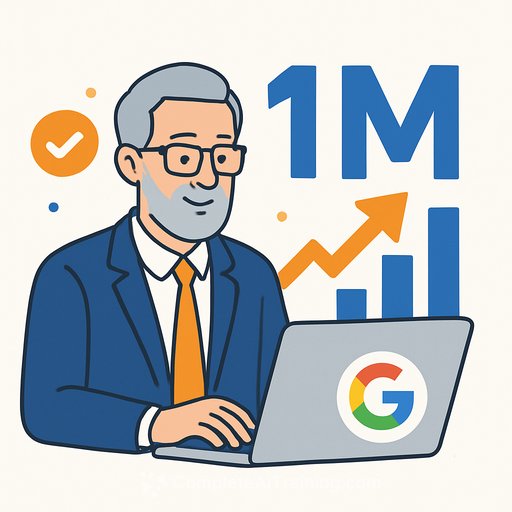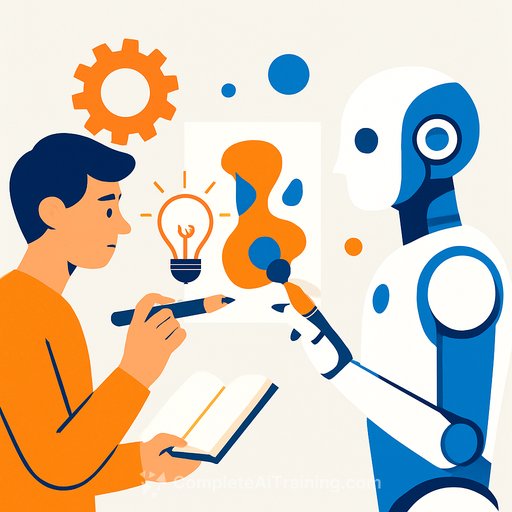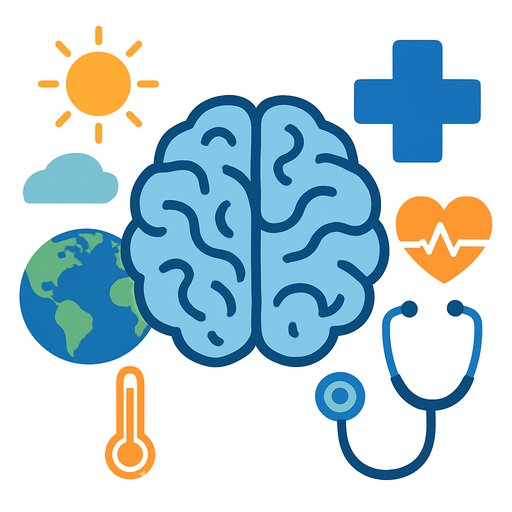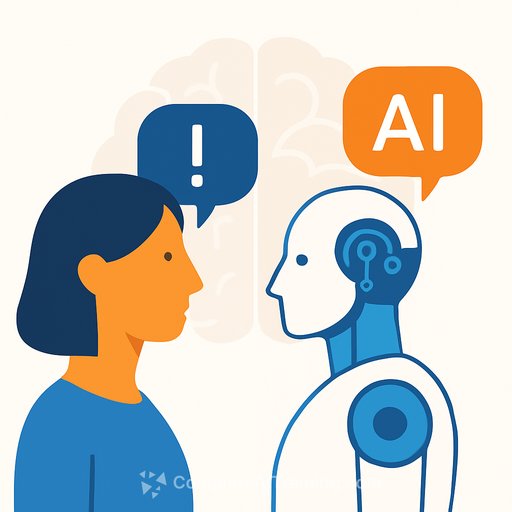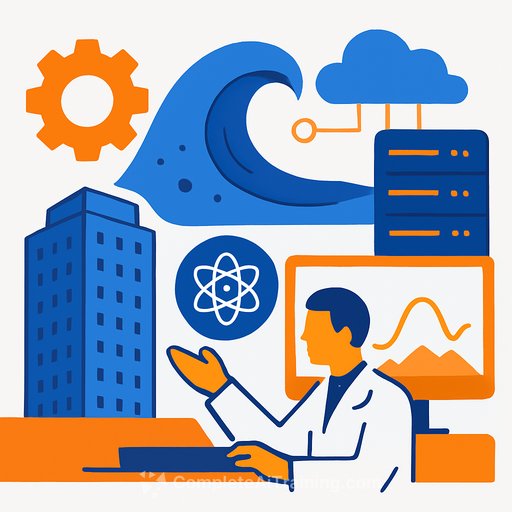November 13, 2025 * 2 min read
'Godfather of AI' Breaks Major Science Research Record
Yoshua Bengio has crossed a rare line: more than one million citations on Google Scholar. The University of Montreal researcher now sits at the top of Scholar's rankings - a signal of how central machine learning has become to modern science.
Bengio is widely recognized alongside Geoffrey Hinton and Yann LeCun as a "godfather" of AI. The trio earned the A.M. Turing Award in 2019 for advancing neural networks, the foundation of today's AI systems. About the Turing Award.
What pushed citations past one million
Several landmark papers did the heavy lifting. "Generative Adversarial Nets" (2014) has cleared 105,000 citations, and a high-impact review with Hinton and LeCun is still a staple in the field. Papers on attention - the technique behind modern language models - amplified the surge after chatbots took off in 2022.
The momentum isn't isolated. A recent analysis found eight of the ten most-cited papers this century are in machine learning. As one leading researcher put it, the growth is remarkable - and Bengio himself says we're only seeing the beginning of AI's influence on research and industry.
Metrics matter - but use them wisely
Experts caution that raw citation counts are crude. They can be manipulated, and they vary by platform. Web of Science, Scopus, and OpenAlex often report lower numbers than Google Scholar because Scholar also counts books and preprints posted online.
Bengio says he uses Google Scholar because it makes research easier to find and follow, but he tries not to chase the numbers. The goal, he notes, is good science and truth-seeking - not optimizing a metric. If you want to see the scope of his work, here's his public profile: Yoshua Bengio on Google Scholar.
What this means for your work
- Read the roots: Revisit GANs, attention, and foundational neural network reviews to strengthen your mental models.
- Compare sources: Don't treat a single platform's citation count as ground truth. Cross-check across Scholar, Scopus, and Web of Science.
- Cite responsibly: Prioritize primary sources, solid methods, and reproducible code or datasets over hype.
- Track real impact: Look at open-source adoption, benchmarks, and downstream use - not just citation volume.
- Keep your profile current: Maintain your Scholar page so others can find your work and datasets quickly.
The broader signal
AI research isn't slowing down, and the citation tide reflects that. For scientists and R&D leaders, the move is clear: stay literate in modern ML methods, and be selective about what you integrate into your stack.
If you're upskilling yourself or your team on transformers, attention, and applied AI, explore curated options by role here: AI courses by job.
Your membership also unlocks:

